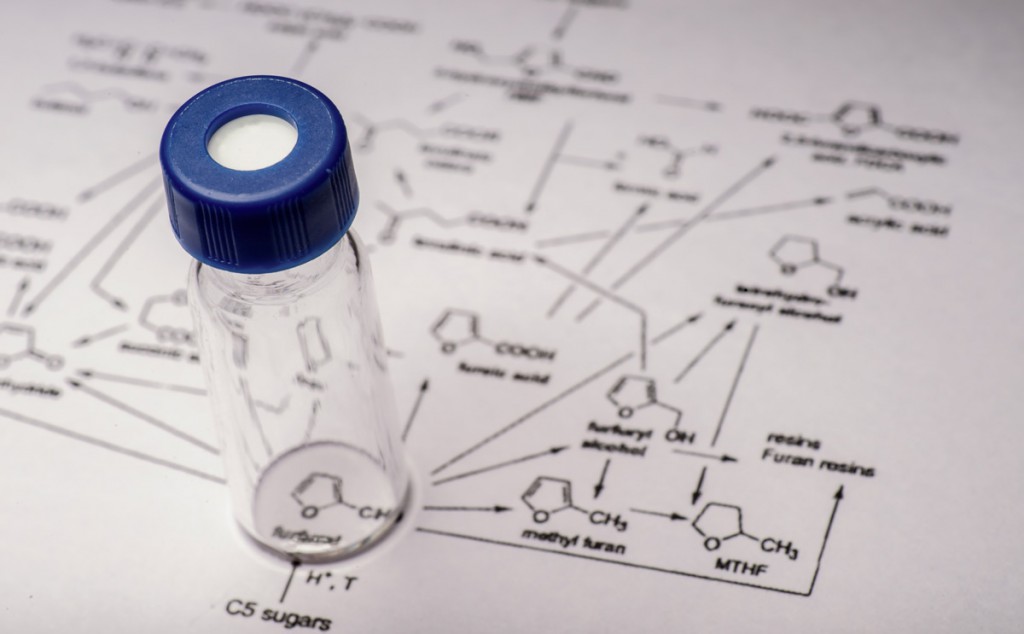We are delighted to announce the RSC Twitter Poster Conference 2017 (#RSCPoster) will be happening on Monday March 20th (9am GMT) to Tuesday March 21st (9 am GMT).
The Royal Society of Chemistry Twitter Poster Conference is an online event held entirely over Twitter to bring members of the scientific research community together to share their research, network and engage in scientific debate.
Building upon the success of the previous two Analytical Science Twitter Poster Conferences, we have broadened the scope of the poster conference to include all areas of the chemical sciences.
How do I take part?
During the event simply tweet an image (e.g. JPEG) which will be a digital poster summarising your research along with #RSCPoster, the most appropriate subject area hashtag and the title of your work.
Analytical – #RSCPoster #RSCAnal
Chemical Biology – #RSCPoster #RSCChemBio
Education – #RSCPoster #RSCEdu
Environmental – #RSCPoster #RSCEnv
Inorganic – #RSCPoster #RSCInorg
Materials – #RSCPoster #RSCMat
Nanoscience – #RSCPoster #RSCNano
Organic – #RSCPoster #RSCOrg
Physical – #RSCPoster #RSCPhys
For instance, if you are presenting an analytical poster you would tweet “Poster Title” #RSCPoster #RSCAnal. Throughout the day you can then answer any questions posed to you by other people on Twitter and ask questions about other posters. Make sure you follow #RSCPoster throughout the day as the conference progresses.
You also need to upload your poster and details to the conference Tumblr site, under the appropriate subject category, to ensure you are in contention for a prize. Access the Tumblr site here.
When is it?
Posters tweeted with #RSCPoster with the most relevant subject hashtag and also uploaded to Tumblr between 9am GMT March 20th and 9am GMT March 21st will be eligible to win prizes. Make sure you ask and answer lots of questions to ensure your work is well understood!
Is my research area suitable?
The conference is open to anyone working in any area of science whose research topic falls within one of the subject hashtag categories. If you’re unsure if your poster is suitable for the conference, just get in touch and we can advise.
What can I win?
The main aim of the event is to meet new scientists, share ideas and learn about the latest developments in different scientific areas. The scientific committee will select posters which stimulate wide interest and feature innovative, high quality, exciting research. Posters prizes will be awarded for content & accessibility, design and researcher interaction with the conference. There will also be an audience award for the most tweeted poster.
Who is organising the event and how do I find them?
At different points throughout the day members of each scientific committee for each subject area will be logging in to Twitter and searching #RSCPoster to ask questions about some of the posters. Make sure you check back in at different times to see if you have any new questions and also make sure you ask questions about other posters. Members of the organising and scientific committee and their Twitter names are listed below and make sure you follow the RSC journal twitter accounts relevant to your research for updates.
How do I register?
Pre-registration is not necessary; however we will need to verify who you are and where you do your research to be eligible for the prizes. We strongly recommend you do this before the event by emailing us and letting us know:
• Your name, address and contact details
• The title or topic of your poster
• Your twitter ID
Conference Chairs
Matthew J Baker, University of Strathclyde, @ChemistryBaker
Craig Banks, Manchester Metropolitan University, @ACT_mmu
Organisers
Samuel Illingworth, Manchester Metropolitan University, @Samillingworth
Edward Randviir, Manchester Metropolitan University, @EdwardRandviir
Subject Chairs
Roy Goodacre, University of Manchester, #RSCAnal, @RoyGoodacre
Martin Resano, University of Zarragoza, #RSCAnal, @MartinResano
Michael Johnson, University of Arizona, #RSCChemBio, @blacksciblog
Marloes Peeters, Manchester Metropolitan University, #RSCChemBio, @Peeters_Marloes
Claire McDonnell, Dublin Institute of Technology, #RSCEdu
Kristy Turner, University of Manchester, #RSCEdu, @doc_kristy
Damien Arrigan, Curtin University, #RSCEnv, @arri_aus
Doug Macfarlane, Monash University, #RSCEnv, @DRMacFarlane
Polly Arnold, University of Edinburgh, #RSCInorg, @ProfArno
Rebecca Melen, Cardiff University, #RSCInorg, @rebecca_melen
Athina Anastasaki, University of California, Santa Barbara, #RSCMat, @AthinaAnastasa1
Fiona Hatton, University of Sheffield, #RSCMat, @fi_hat
Gemma-Louise Davies, University of Warwick, #RSCNano, @GemmaLouDavies
Karen Faulds, University of Strathclyde, #RSCNano, @FauldsKaren
Ryan Mewis, Manchester Metropolitan University, #RSCOrg
David Nelson, University of Strathclyde, #RSCOrg, @TheNelsonGroup
Committee Members
Zoe Ayres, University of Warwick, @zjayres
Perdita Barran, University of Manchester, @PerditaB
James Batteas, Texas A&M University, @jamesbatteas
Gonçalo Bernardes, University of Cambridge, @gbernardes_chem
Margaret Brimble, University of Auckland, @BrimbleM
Holly Butler, University of Strathclyde, @HollehButler
Richard Dluhy, UAB College of Arts and Sciences, @radluhy
Malika Jeffries-EL, Boston University, @Chem_Diva
Simon Lewis, Curtin University, @SimonWLewis
Jean-Francois Masson, University of Montreal, @Masson_chem
Warren Piers, University of Calgary, @Wpiers1
Michael Seery, University of Edinburgh, @seerymk
Nick Stone, Univeristy of Exeter, @profnickstone
Marcel Swart, University of Girona, @marcel_swart
Renee Webster, Monash University, @reneewebs
We look forward to meeting you in March!
Frequently Asked Questions (will be regularly updated)
Do I need to check the copyright and permissions needed for figures or any other parts of my poster which have already been published?
Yes. Copyright owners have the exclusive right to copy their work and to issue copies of their work to the public, and it is an infringement for anyone else to do so without the copyright owner’s permission. If you are reproducing material contained in a Royal Society of Chemistry publication (journal articles, book or book chapters) you may do so providing that you fully acknowledge the original Royal Society of Chemistry publication and include a link back to it. If you wish to include material that has been published by another publisher, you will need to check how the publisher/copyright owner of the third party material wishes to receive permission requests. Information on this can be found on our Permission Requests page at http://www.rsc.org/Publishing/copyright/permission-requests.asp under “Use of third party material in our publications”.
If I include unpublished work in my poster, will I still be able to publish this in a peer-reviewed journal afterwards?
Subject to the usual conditions outlined in the License to Publish, being a part of the Twitter conference will not prevent you using some of the information included in your poster as part of an article in a Royal Society of Chemistry journal. Please note this policy varies by publisher and if you intend to submit your research for publication elsewhere after the event, you should check the individual policy for that journal and publisher.
What size should my poster be?
You can choose any dimensions for your poster, the important thing is that the text and figures are clear for people to read and understand. Using Microsoft PowerPoint, we found a text size of between 12-16 were clear to read when saving an A4 slide as a JPEG and uploading to Twitter. Using an A0 template, the text needed to be between 50 and 60 to be legible. You can use any software you like to create your poster, as long as the image you upload is clear for others to read. We recommend testing your poster on Twitter before the conference to make sure you are happy with your image.
My image is too big for Twitter – what can I do?
We strongly recommend uploading the highest resolution image possible, but it won’t always be so simple. If your image is too high resolution, simply upload a lesser quality image of your poster to Twitter, then upload the high resolution image to the Tumblr page. You might also like to redirect any interest shown in your work towards Tumblr.











